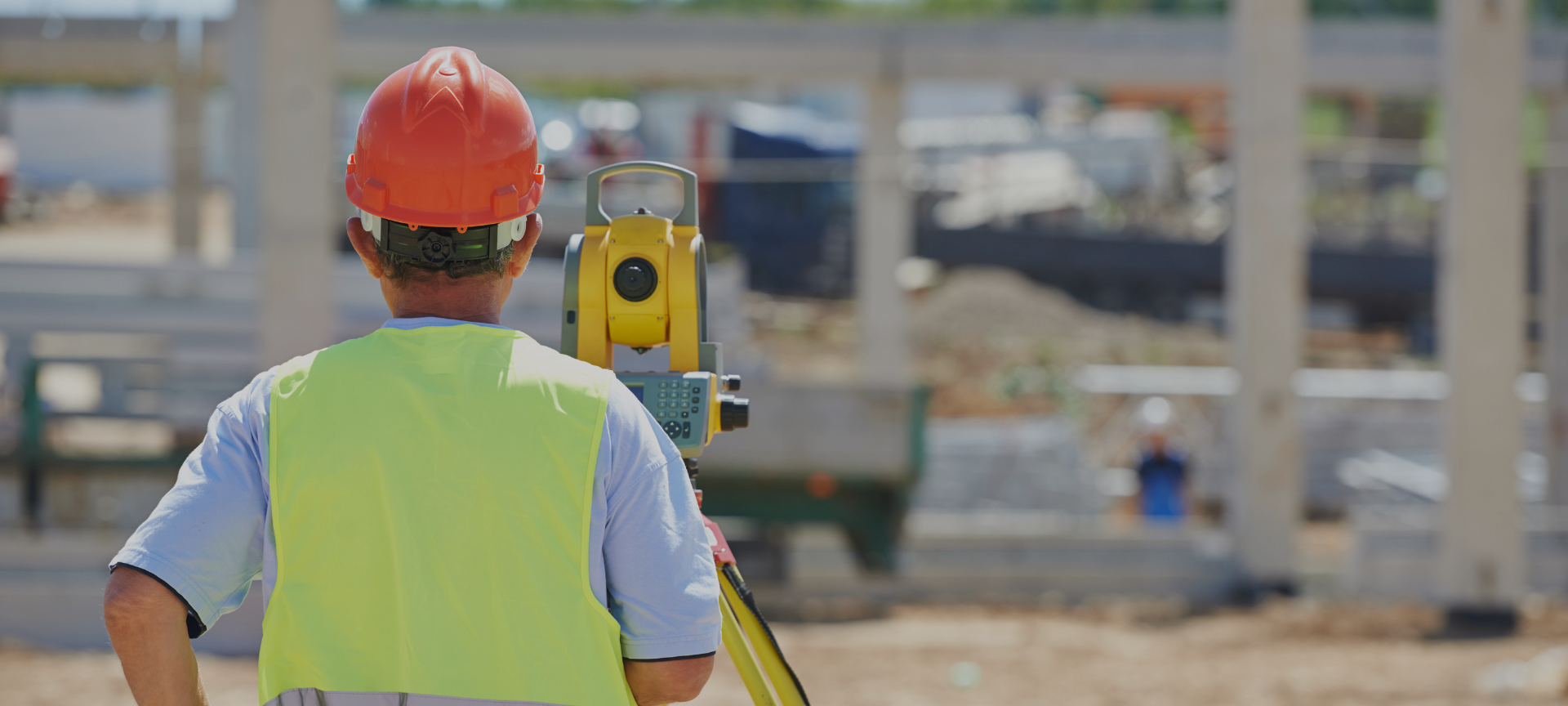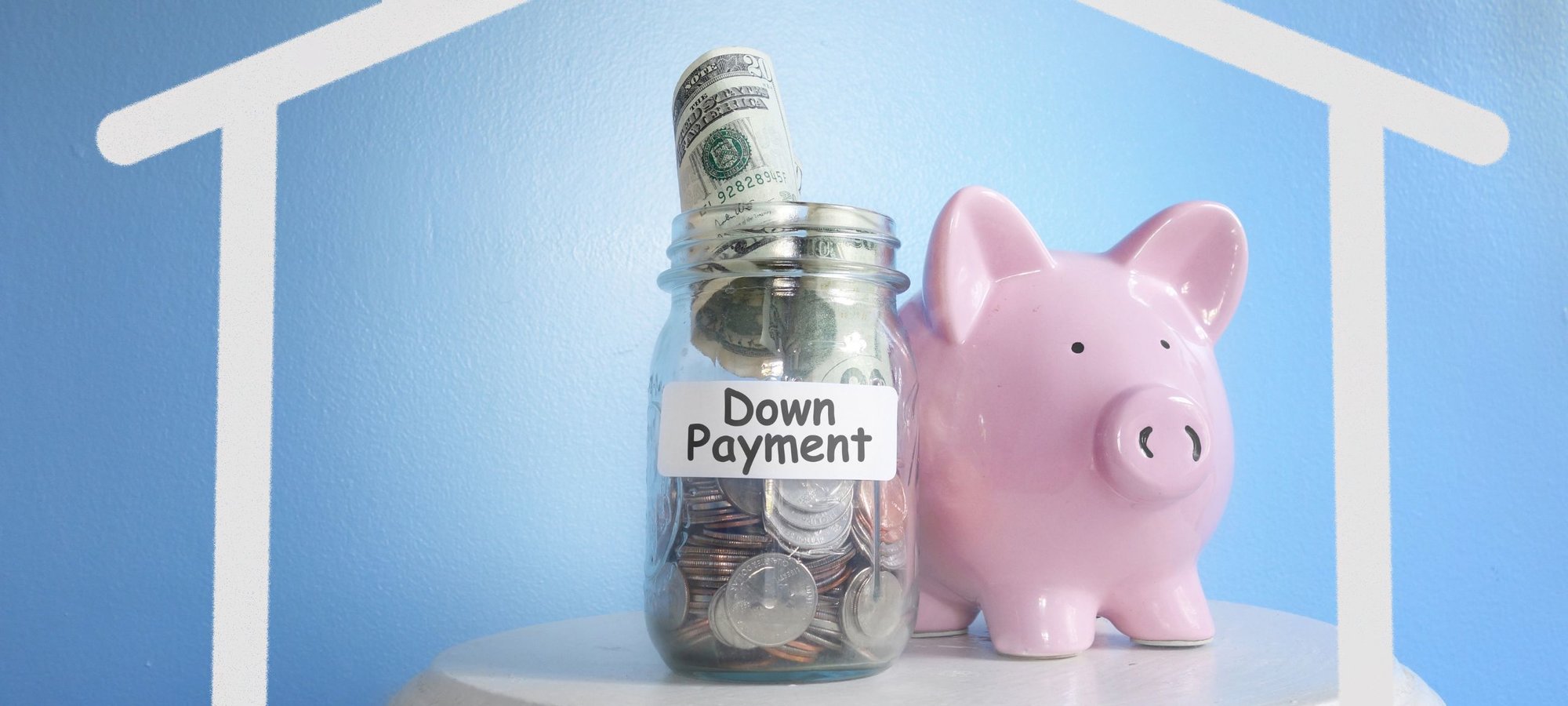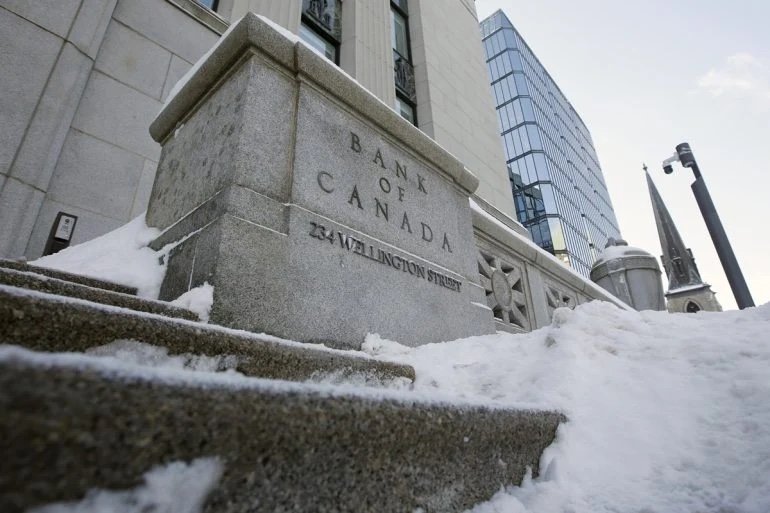Do I Need a Survey?
Posted by Pinpoint Listings Marketing Group on
Do I Need a Survey?

In British Columbia, the need for a survey depends on the specific circumstances of your property. In general, a survey may be necessary or useful for things like buying or selling a home, making changes to your property, or resolving boundary disputes.
If you are buying or selling a home in British Columbia, a survey is not typically required as part of the process. However, it is still a good idea to have a survey done, as it can help you understand the boundaries of your property and any potential issues with the property. You may also want to consider getting a survey if you are taking out a mortgage, as many lenders will require a survey as part of the loan process.
If you are planning to make major changes to your…
234 Views, 0 Comments



